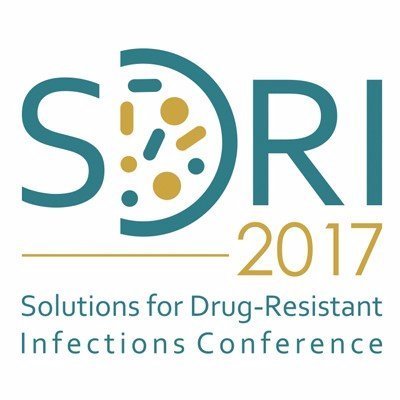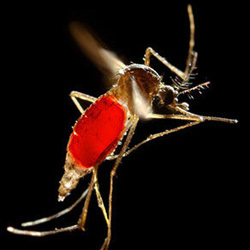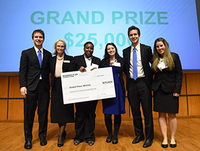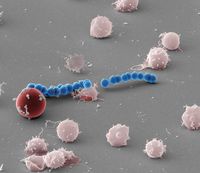New Method Improves Stability, Extends Shelf Life Of Protein Drugs
Gaining access to important biopharmaceuticals needed to treat illnesses and autoimmune diseases is one of the biggest obstacles developing countries face. Now, a study led by Matthew Webber, assistant professor in Notre Dame’s Department of Chemical and Biomolecular Engineering, and appearing in the Proceedings of the National Academy of Sciences reveals a new way to improve the stability of common protein drugs and extend shelf life.







